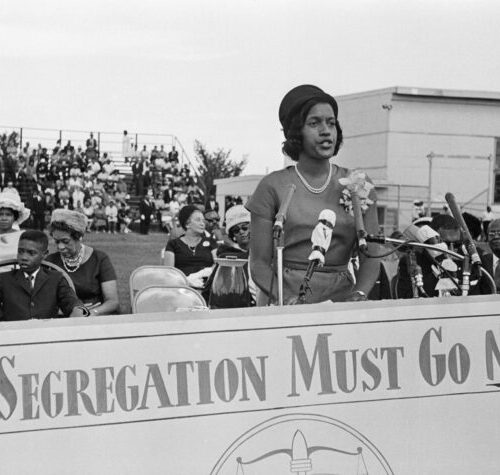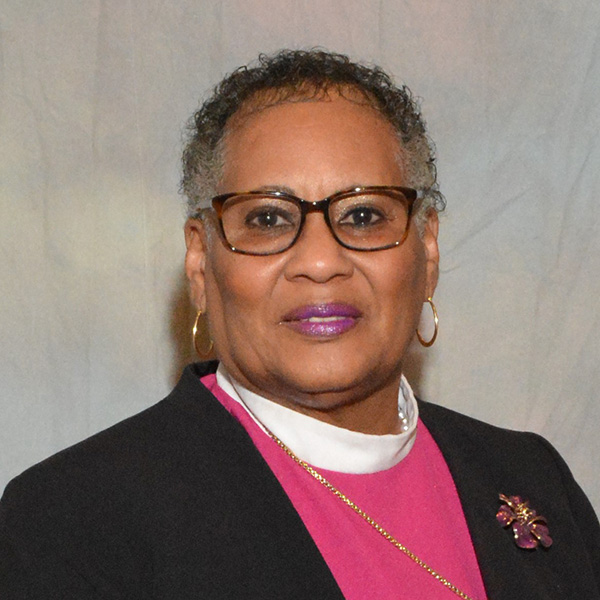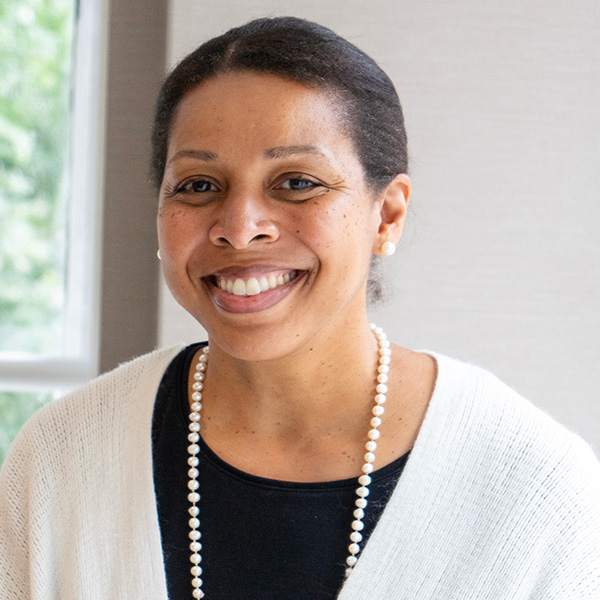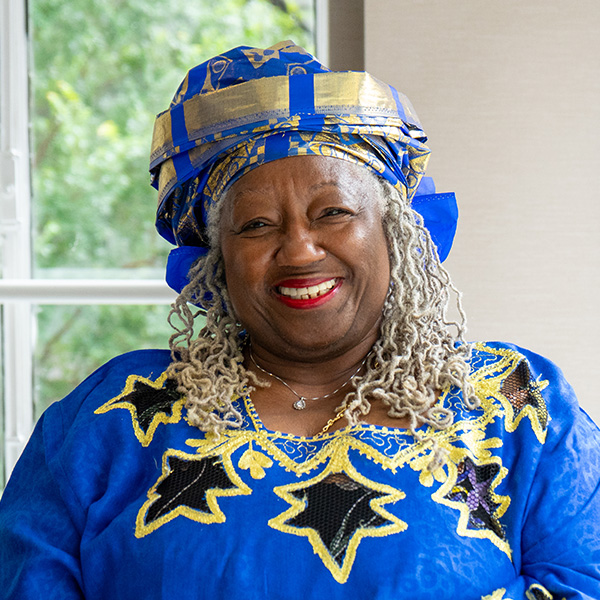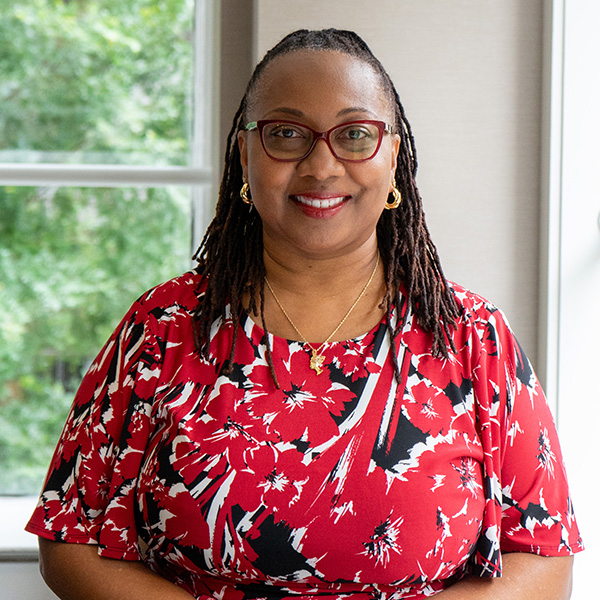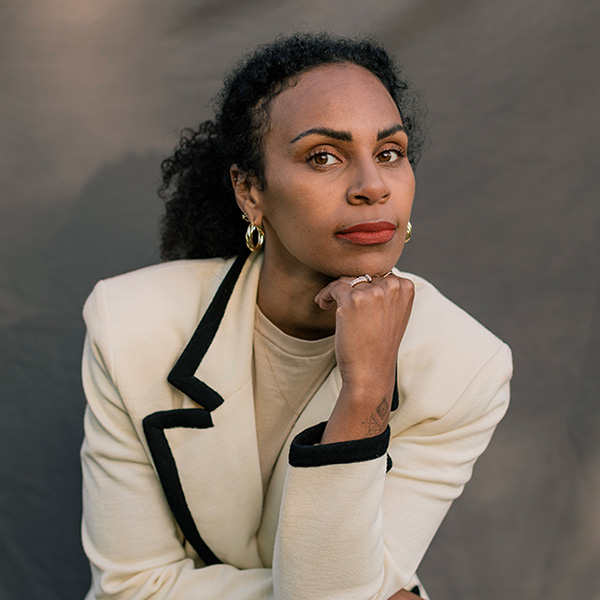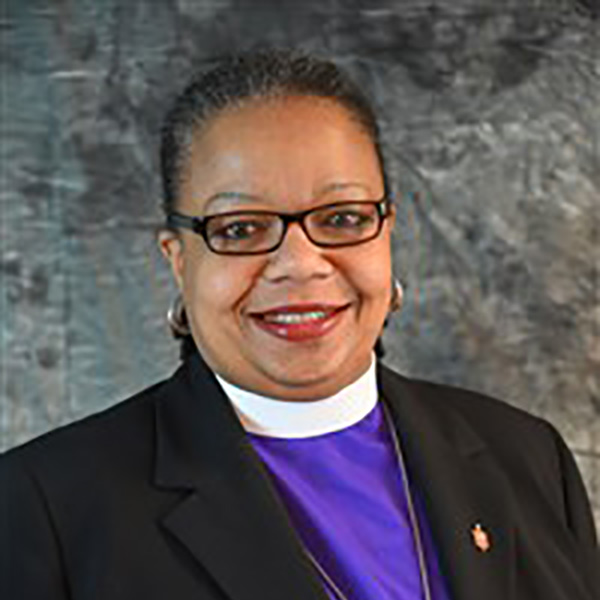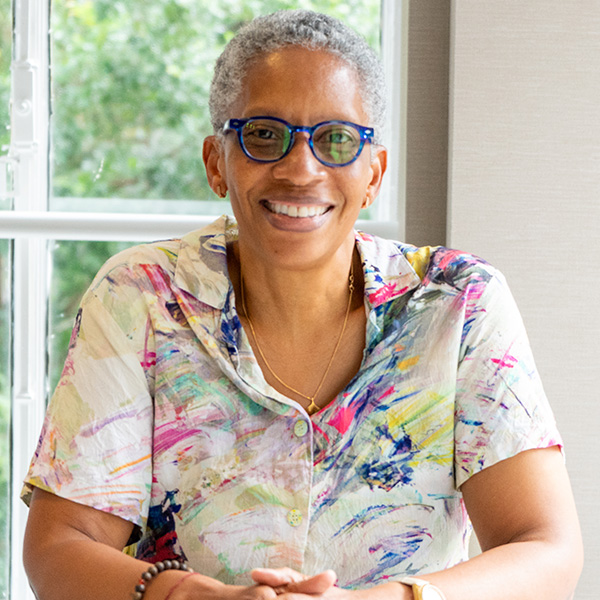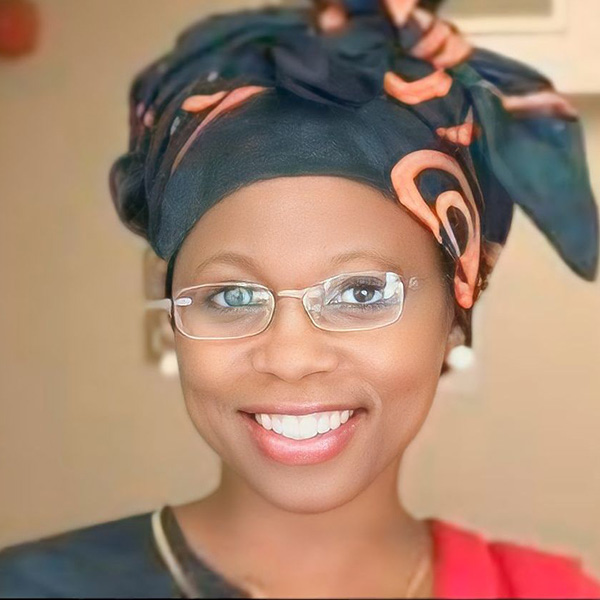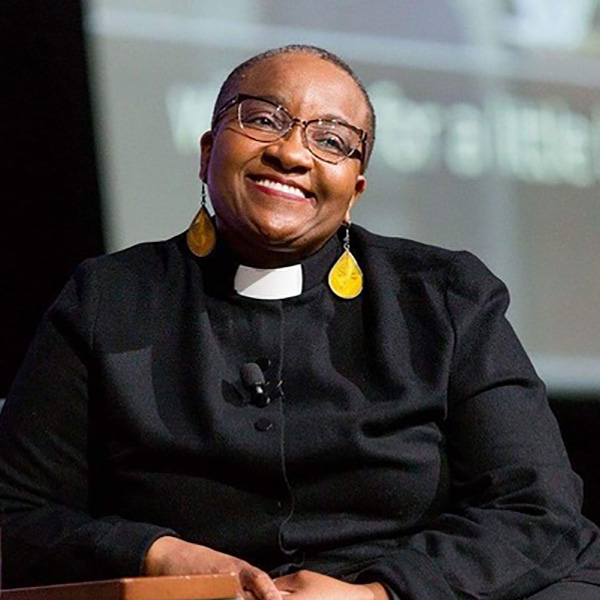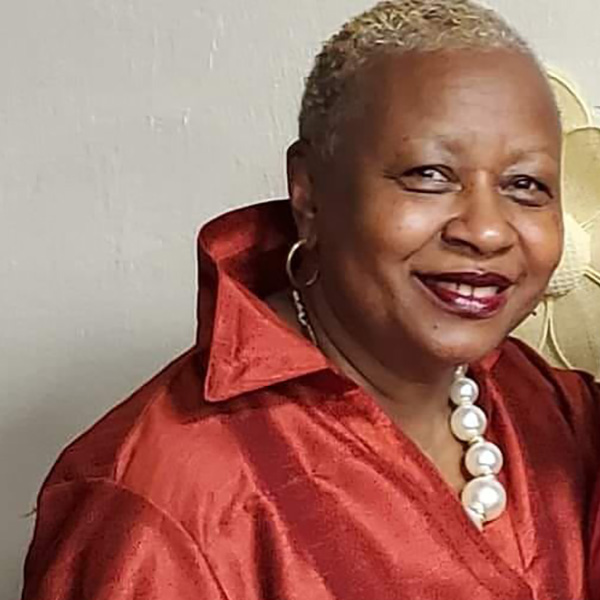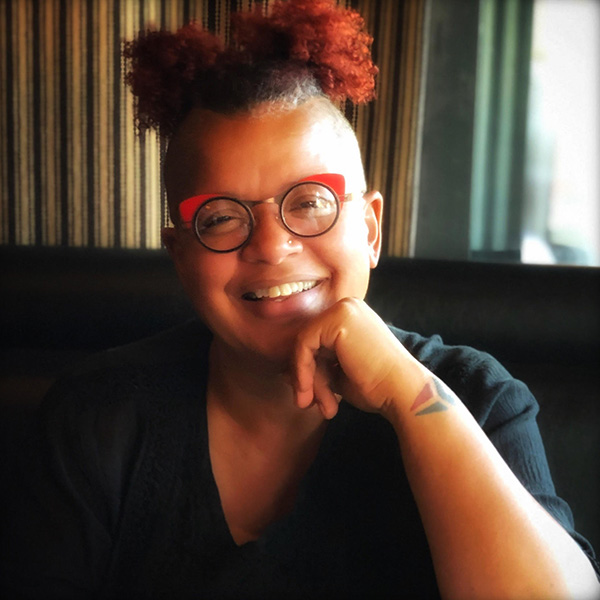Biography
Early Life
Myrlie Evers Williams dedicated her life to civil rights activism. She was the first woman to lead the National Association for the Advancement of Colored People in the 1990s.
Williams was born on March 17, 1933, in Vicksburg, Mississippi. She was raised in a family that valued education and Christianity. Growing up, she attended Mount Heroden Baptist Church. In her autobiography, Watch Me Fly, she recalled, “Church was also where I first learned to stand up and be seen.”
In 1950, she attended Alcorn A&M College where she met Medgar Evers. The two married in December 1951. Their partnership fueled their involvement in the civil rights movement of the 1950s.
Civil Rights Activism
In 1954, they moved to Jackson after Medgar accepted a position as the Mississippi NAACP field secretary with Myrlie as his assistant. They investigated suspicious murders and organized events such as protest marches, voter drives, and boycotts for economic freedom.
Their work made them and their three children the target of violent threats and attacks from white supremacists. After almost a decade of service, Medgar Evers was assassinated in the driveway of his home in 1963. The subsequent trial resulted in a hung jury, but Myrlie never relented on obtaining social justice.
Social Leadership
As a widow with three small children, she relied on her faith to sustain her. She recalled, “But in crisis, we are all truly alone, and we must face terror in ourselves with only God as our solace. Especially in moments of self-doubt, it was my faith that saw me through. I trusted God, knowing that he know what he had in store for me, even if I couldn’t understand or accept it at the time.”
Afterward, she moved her family to Claremont, California. There she chronicled her life of love and activism with her late husband in For US, The Living (1967) and graduated from Pomona College in 1968. After taking time to heal from the traumatic events of the past, she married Walter Williams in 1975.
In 1994, Medgar Evers’ assassinator was convicted of murder—thirty years after the original trial. As she recalled, the re-trail challenged her because, “I had battled mightily to preserve Medgar’s memory and, at the same time, to be seen as myself, as Myrlie—as a woman and not simply as “the widow of.”
The next year, Williams was certainly seen as herself. She was appointed as the Chair of the NAACP, becoming the first woman to serve in that role. When her term was over in 1998, she continued to fight against injustice. She also founded the Medgar and Myrlie Evers Institute in Jackson, Mississippi.
In 2013, Williams eloquently gave the Inaugural Invocation for President Barack Obama, the first African American President of the United States. Today, Myrlie Evers-Williams continues to be a renowned activist, while her words and works of faith have inspired generations.
